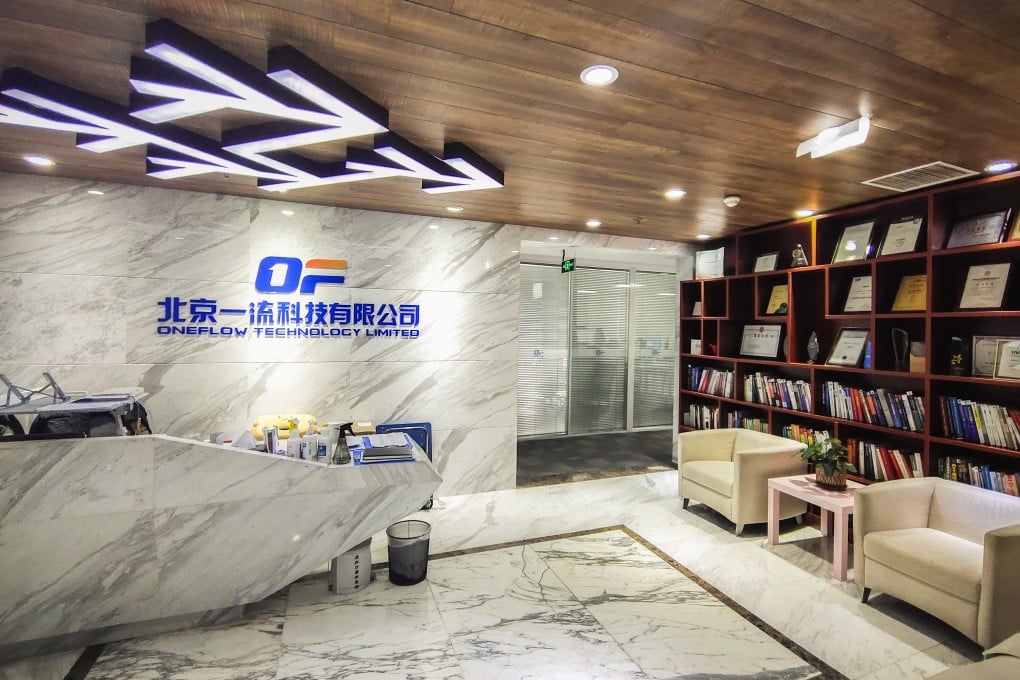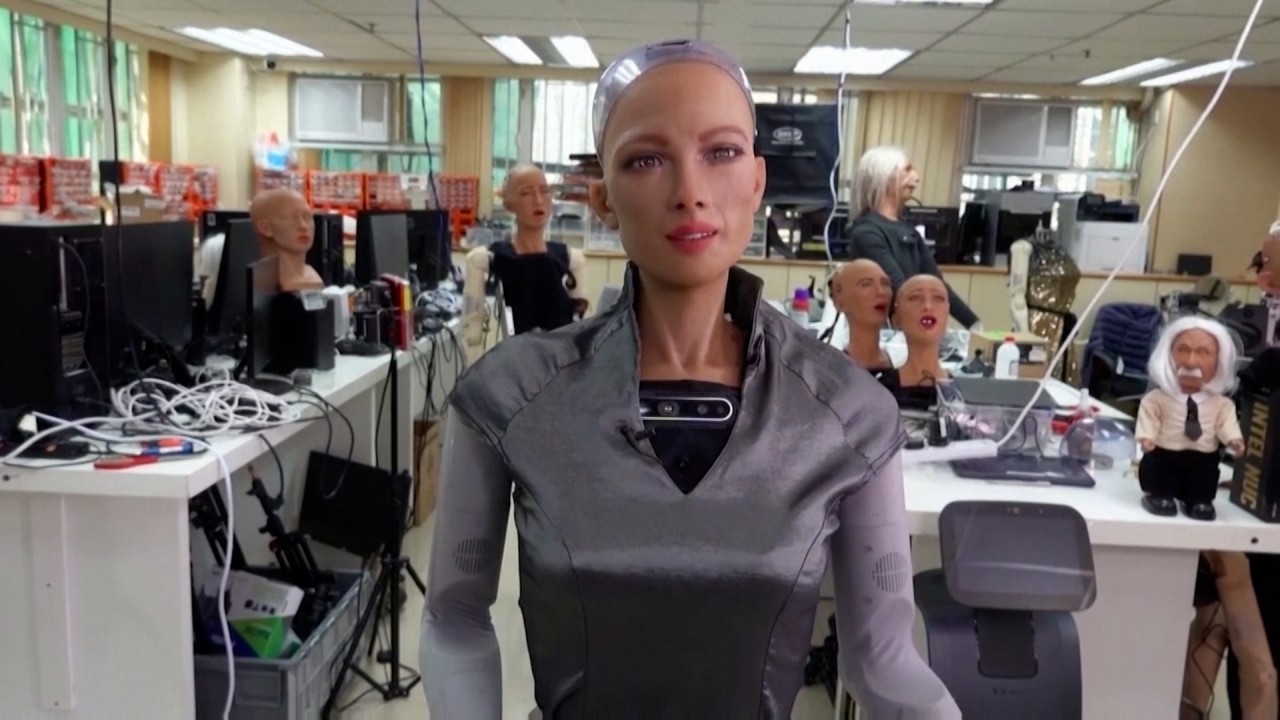How one man’s dream to rival Google’s AI chief reflects China’s quest for tech supremacy
- Beijing named AI as a key focus in its 14th five-year plan, with the area expected to be a battlefield as China and the US jostle for tech supremacy
- Since launching four years ago, OneFlow’s staff has grown from three, including founder Yuan Jinhui, to more than 50

In an interview with the South China Morning Post, the grey-haired Yuan, one of a group of Chinese scientists whose research may help the country become an AI superpower, said that it is only a matter of time for OneFlow, an open-source framework released last summer.
“I have always been trying to achieve it, and I know my work is still lagging far behind Dean’s accomplishment,” said Yuan, who started the company in 2017 when he saw an opening in the deep learning framework market.
“But the framework of OneFlow is faster than Google’s, and I believe our ecosystem could eventually compete with theirs.”
OneFlow is a newcomer in the area of open-source AI frameworks for machine learning, which is similar to operating systems for personal computers.
